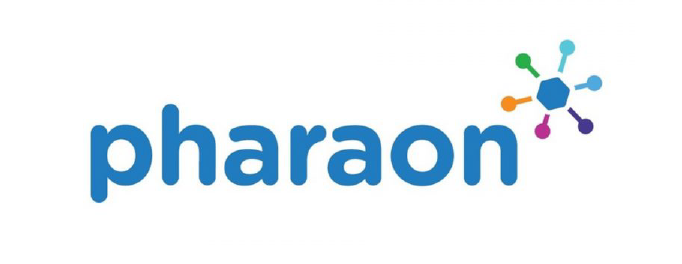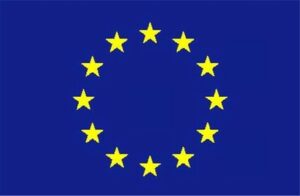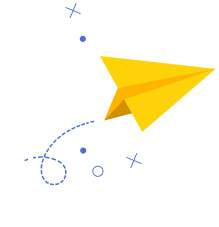News
16 July 2024
Mental strengthening of older people: The Pharaon project

A tool for Healthcare Professionals and carers designed by expert scientists.
In partnership with Alzheimer Athens and Gruppo Maggioli, SciFY participates in the “Pharaon“, research project to support the mental empowerment of the elderly in Europe with tested online games and services.
What do we do?
- We are utilizing Maggioli’s Eligence app, a cognitive empowerment platform for people with mild cognitive impairment, early stages of dementia, as well as mentally healthy seniors.
- We enrich it with games developed by SciFY.
- We test it in real conditions with Alzheimer Athens.
What’s the goal?
Our goal is to support the elderly people of Europe by integrating online services and tools in open platforms! Therefore, Eligence is aimed at specialists who support and provide services to people in the early stages of dementia or the recovery phase.
What does the solution include?
35+ Games in 3 languages aiming to activate and challenge mental abilities.
In what does it help?
Exercises 7 Mental Abilities through games.
Memory, Reasoning, Αttention, Orientation, Executive Functions, Construction Skills, and Language.
What does it offer to healthcare professionals and carers?
Personalized Sessions: Sessions designed by the health professional based on the needs of each beneficiary.
Real-time Monitor: Digital tools to monitor the beneficiary’s activity.
Evaluation Reports: Detailed reports with graphs and activity timelines.
Use Choice: Free use of all the games and/or personalized sessions, guided by the Health Professional.
Easy to Operate: A user-friendly platform with minimum training requirements.
Accessible from everywhere: Available, at any time through any device and browser, at centers, or at home.
Visit the Pharaon website at https://www.pharaon.eu/ και the Eligence website at https://eligence.eu/portal/.
For more information watch the following video.

This project has received funding from the European Union’s Horizon 2020 Research and Innovation Program under the grant agreement No 857188.



